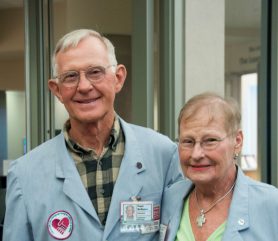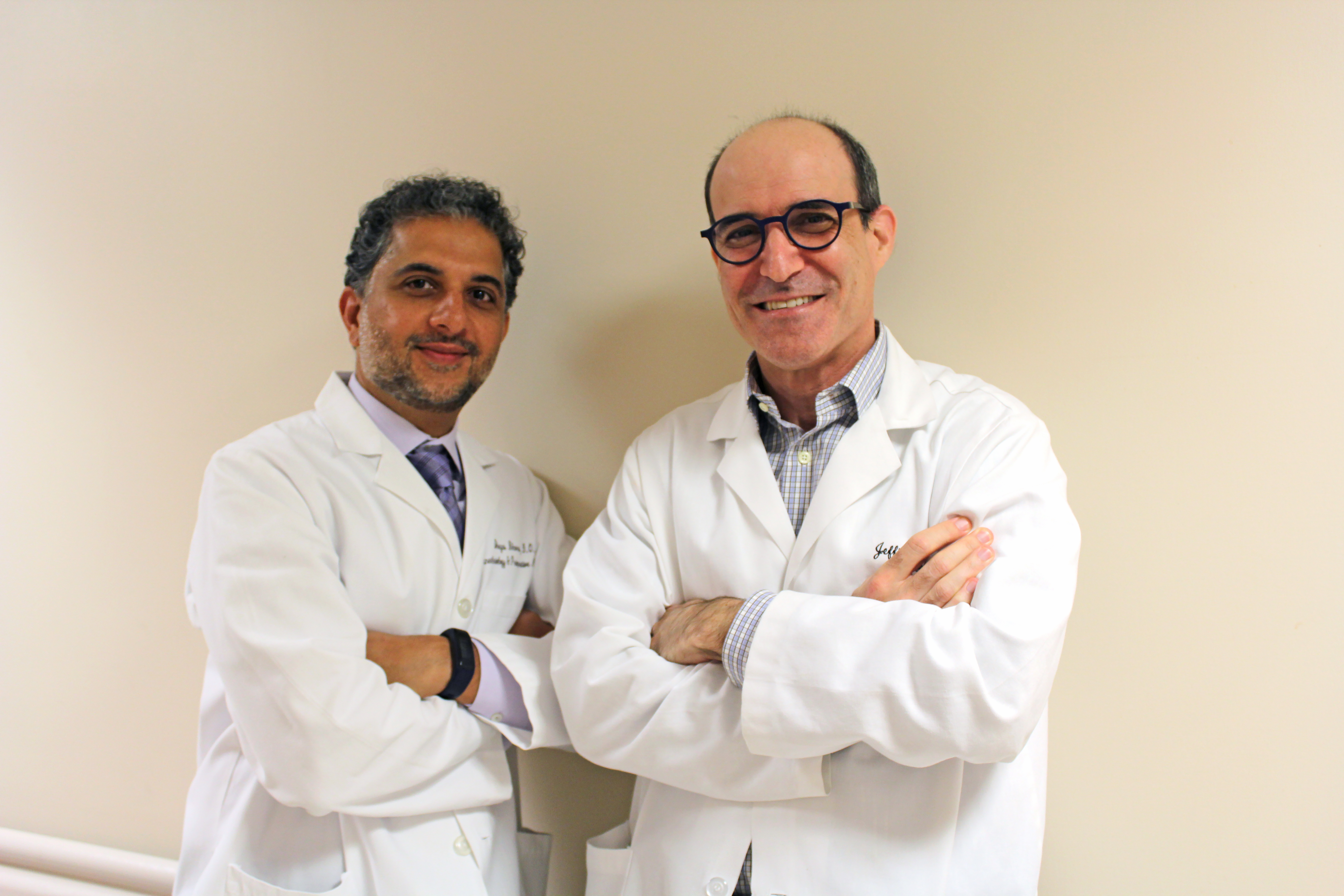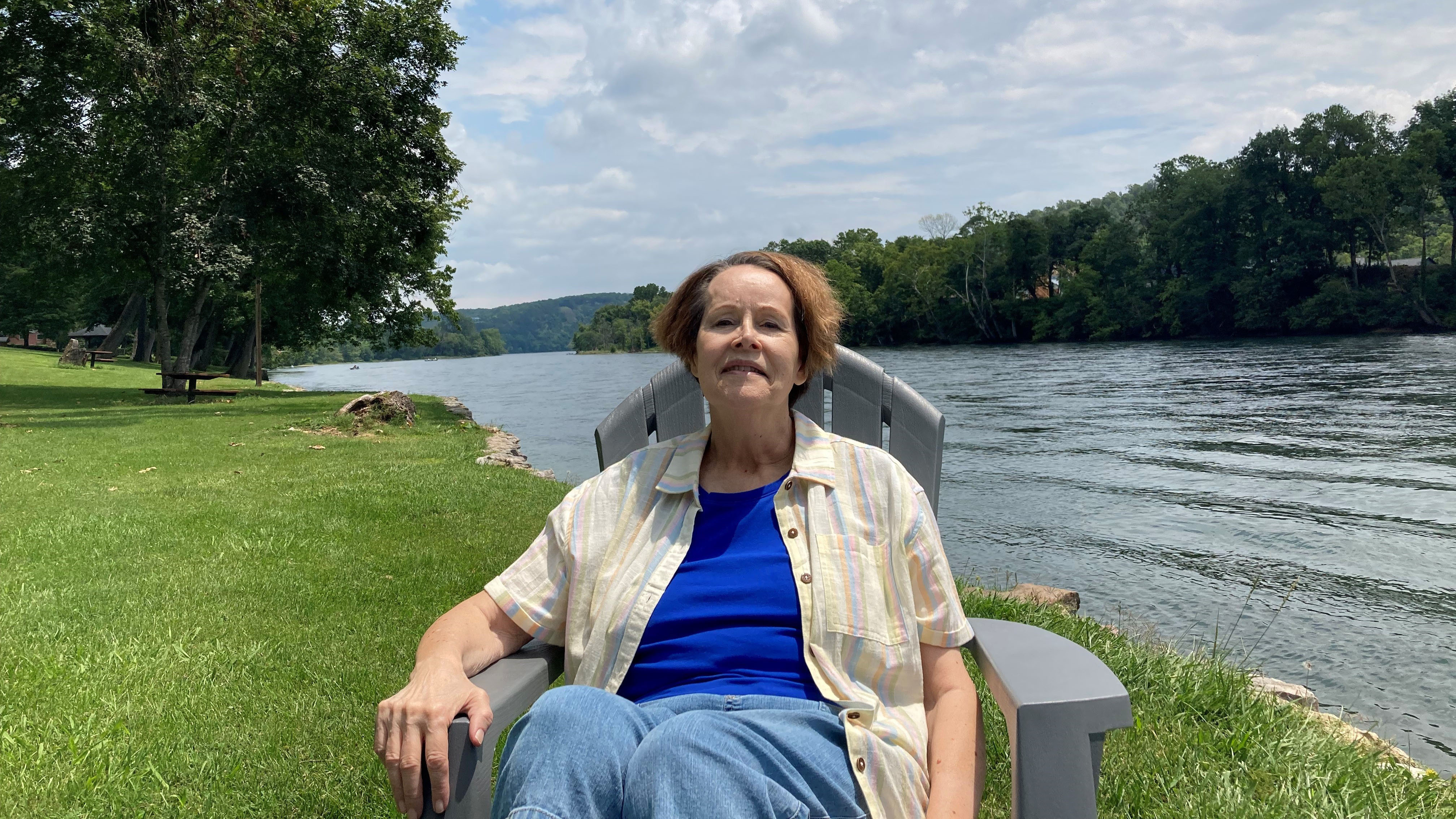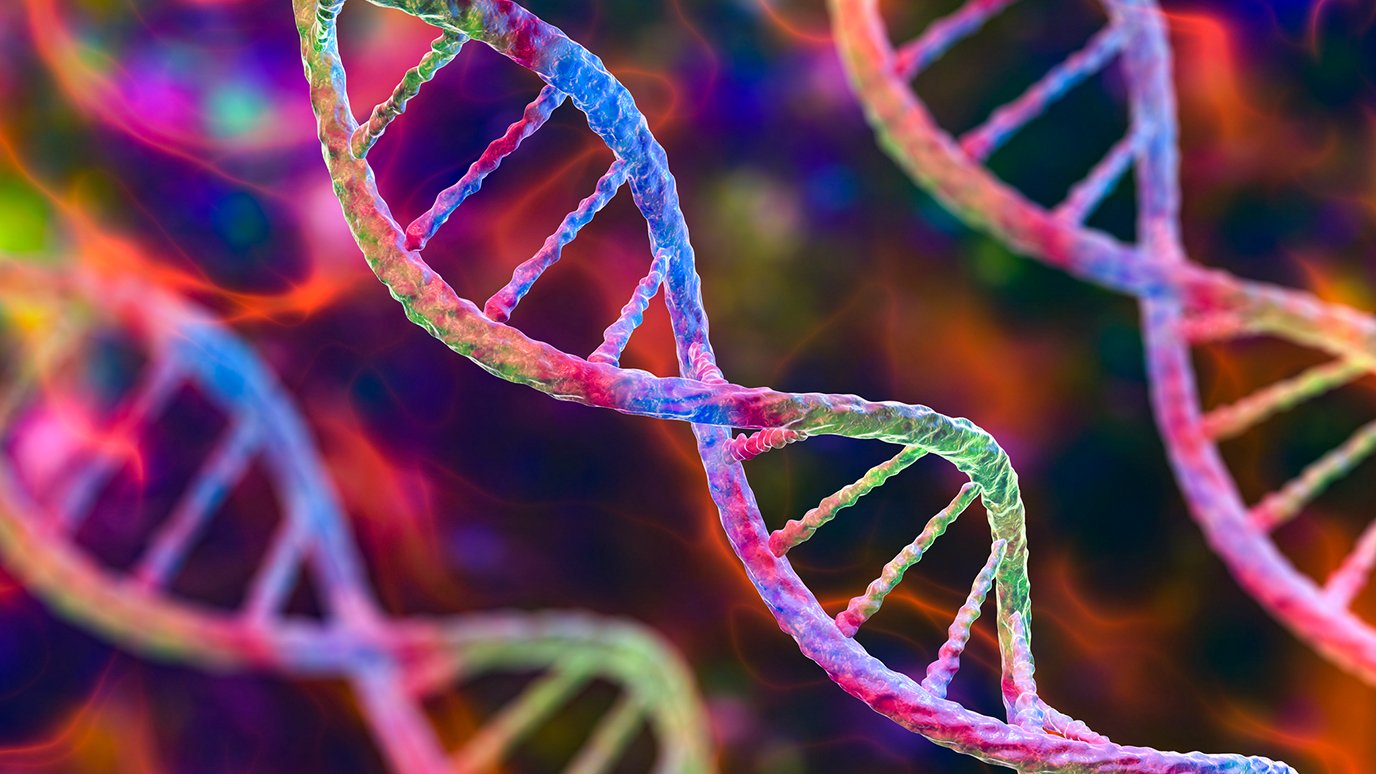- Diseases
- Acoustic Neuroma (14)
- Adrenal Gland Tumor (24)
- Anal Cancer (68)
- Anemia (2)
- Appendix Cancer (16)
- Bile Duct Cancer (26)
- Bladder Cancer (72)
- Brain Metastases (28)
- Brain Tumor (230)
- Breast Cancer (720)
- Breast Implant-Associated Anaplastic Large Cell Lymphoma (2)
- Cancer of Unknown Primary (4)
- Carcinoid Tumor (8)
- Cervical Cancer (158)
- Colon Cancer (166)
- Colorectal Cancer (114)
- Endocrine Tumor (4)
- Esophageal Cancer (44)
- Eye Cancer (36)
- Fallopian Tube Cancer (8)
- Germ Cell Tumor (4)
- Gestational Trophoblastic Disease (2)
- Head and Neck Cancer (8)
- Kidney Cancer (128)
- Leukemia (344)
- Liver Cancer (50)
- Lung Cancer (288)
- Lymphoma (284)
- Mesothelioma (14)
- Metastasis (30)
- Multiple Myeloma (100)
- Myelodysplastic Syndrome (60)
- Myeloproliferative Neoplasm (4)
- Neuroendocrine Tumors (16)
- Oral Cancer (100)
- Ovarian Cancer (174)
- Pancreatic Cancer (164)
- Parathyroid Disease (2)
- Penile Cancer (14)
- Pituitary Tumor (6)
- Prostate Cancer (146)
- Rectal Cancer (58)
- Renal Medullary Carcinoma (6)
- Salivary Gland Cancer (14)
- Sarcoma (238)
- Skin Cancer (296)
- Skull Base Tumors (56)
- Spinal Tumor (12)
- Stomach Cancer (64)
- Testicular Cancer (28)
- Throat Cancer (92)
- Thymoma (6)
- Thyroid Cancer (96)
- Tonsil Cancer (30)
- Uterine Cancer (80)
- Vaginal Cancer (16)
- Vulvar Cancer (20)
- Cancer Topic
- Adolescent and Young Adult Cancer Issues (20)
- Advance Care Planning (10)
- Biostatistics (2)
- Blood Donation (18)
- Bone Health (8)
- COVID-19 (362)
- Cancer Recurrence (120)
- Childhood Cancer Issues (120)
- Clinical Trials (632)
- Complementary Integrative Medicine (24)
- Cytogenetics (2)
- DNA Methylation (4)
- Diagnosis (232)
- Epigenetics (6)
- Fertility (62)
- Follow-up Guidelines (2)
- Health Disparities (14)
- Hereditary Cancer Syndromes (126)
- Immunology (18)
- Li-Fraumeni Syndrome (8)
- Mental Health (118)
- Molecular Diagnostics (8)
- Pain Management (62)
- Palliative Care (8)
- Pathology (10)
- Physical Therapy (18)
- Pregnancy (18)
- Prevention (914)
- Research (398)
- Second Opinion (74)
- Sexuality (16)
- Side Effects (608)
- Sleep Disorders (10)
- Stem Cell Transplantation Cellular Therapy (216)
- Support (402)
- Survivorship (322)
- Symptoms (184)
- Treatment (1790)
From caregiver to MD Anderson volunteer
3 minute read | Published October 31, 2016
Medically Reviewed | Last reviewed by an MD Anderson Cancer Center medical professional on October 31, 2016
Even while she was undergoing chemotherapy to treat stage IV breast cancer, Pat McWaters was passionate about helping other patients. So, in 2005, she and her husband, Roger, signed up to volunteer with MD Anderson’s one-on-one support program – now called myCancerConnection – and in MD Anderson’s Hospitality Centers.
Although Pat’s breast cancer had metastasized to her liver, the couple still made volunteering a priority. “Luckily, it was slow-growing, and treatments were quite effective for a while,” Roger recalls. But by 2012, Pat had become very ill. She died that spring. “She did everything she could and fought hard,” Roger says.
“I stopped volunteering for a few months,” Roger says. But he decided to don his blue volunteer jacket again and returned to volunteer at the Hospitality Center. “You get a real sense of personal ministry,” he says. “I feel like I can be supportive, and people appreciate it. It helps me, too.”
Connecting with patients and caregivers
All myCancerConnection Hospitality Center volunteers are either survivors or caregivers. They empathize with patients and loved ones who stop by the Hospitality Centers, which are located in the Main Building and Mays Clinic.
“It’s a good place for patients and caregivers to come between appointments,” Roger says. “There are a lot of good conversations, and it’s a place for people to connect.”
Some patients want to talk about doctor’s reports, and sometimes people just want a hug, he says.
“People tell us how they are and if they’re up for the next treatment,” Roger says. “We get to visit with people about their cancer journeys. I make it a point to be as friendly as I can.”
That friendliness is something Roger came to know well when he first came with Pat to MD Anderson in 2003. “We got to know a lot of people in the hospital,” he says. “Dr. Abenaa Brewster in the Breast Center was so supportive and so good as a doctor. We loved her. We got to know her and her nurses well.”
The power of support
Although Roger still grieves over the loss of his wife, the support of his children, grandchildren and church members have helped him through. “There are some emotional moments, but it’s healthy. I have prayed a lot and cried a lot,” he says. “I think it’s good to keep fairly active and keep up with usual activities. As I tell other caregivers, ‘Don’t be afraid to reach out for support.’”
In honor of Roger’s and Pat’s service (in memoriam), Roger will accept the 2016 Joseph T. Painter Award in November. The award is given annually at the myCancerConnection Cancer Survivorship Conference to a volunteer who epitomizes the spirit of myCancerConnection.
“I feel very humbled and undeserving,” Roger says of receiving the award. Ultimately, he shifts the focus to other patients and caregivers. “Some of the best occasions are when we can celebrate with people who have rung the bell to finish treatment,” he says. “And I like it when people know they always have somebody there for them.”

l like it when people know they always have somebody there for them.
Roger McWaters
Caregiver & Volunteer





